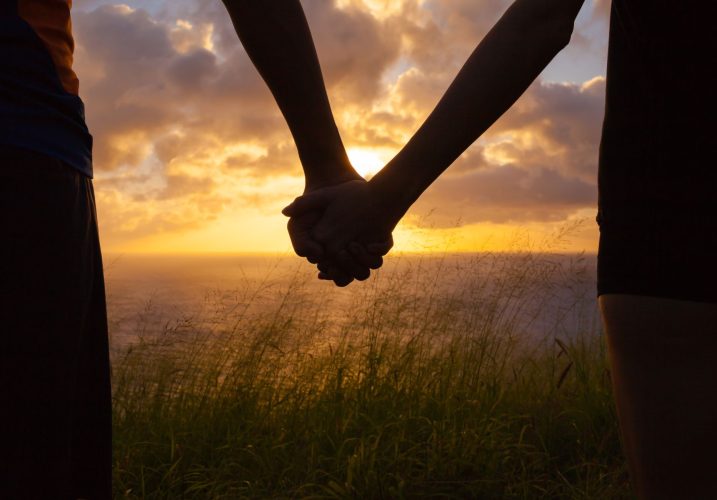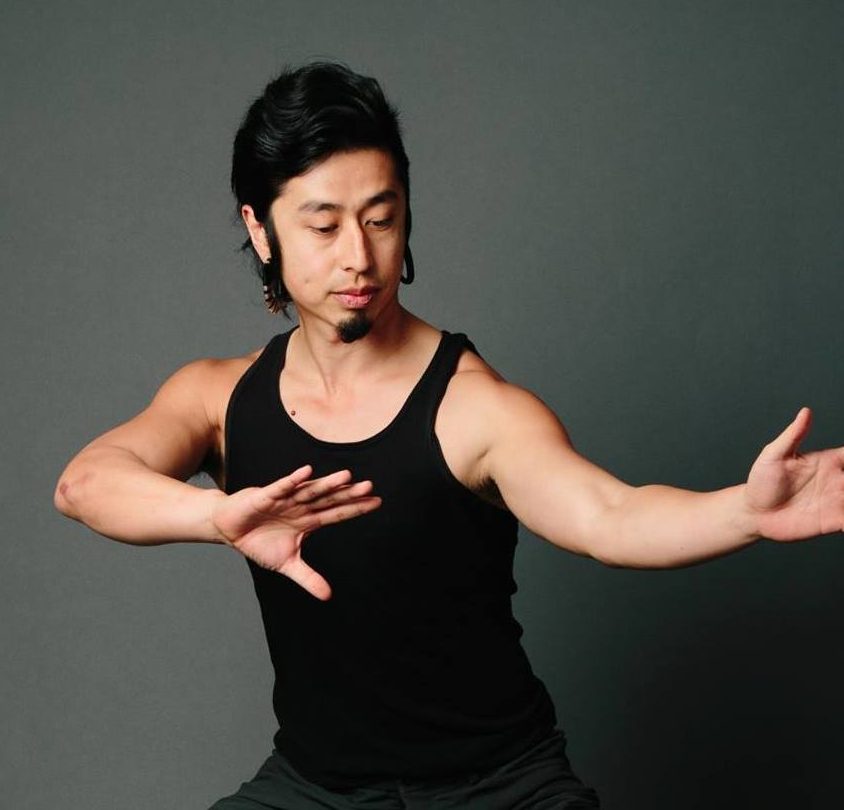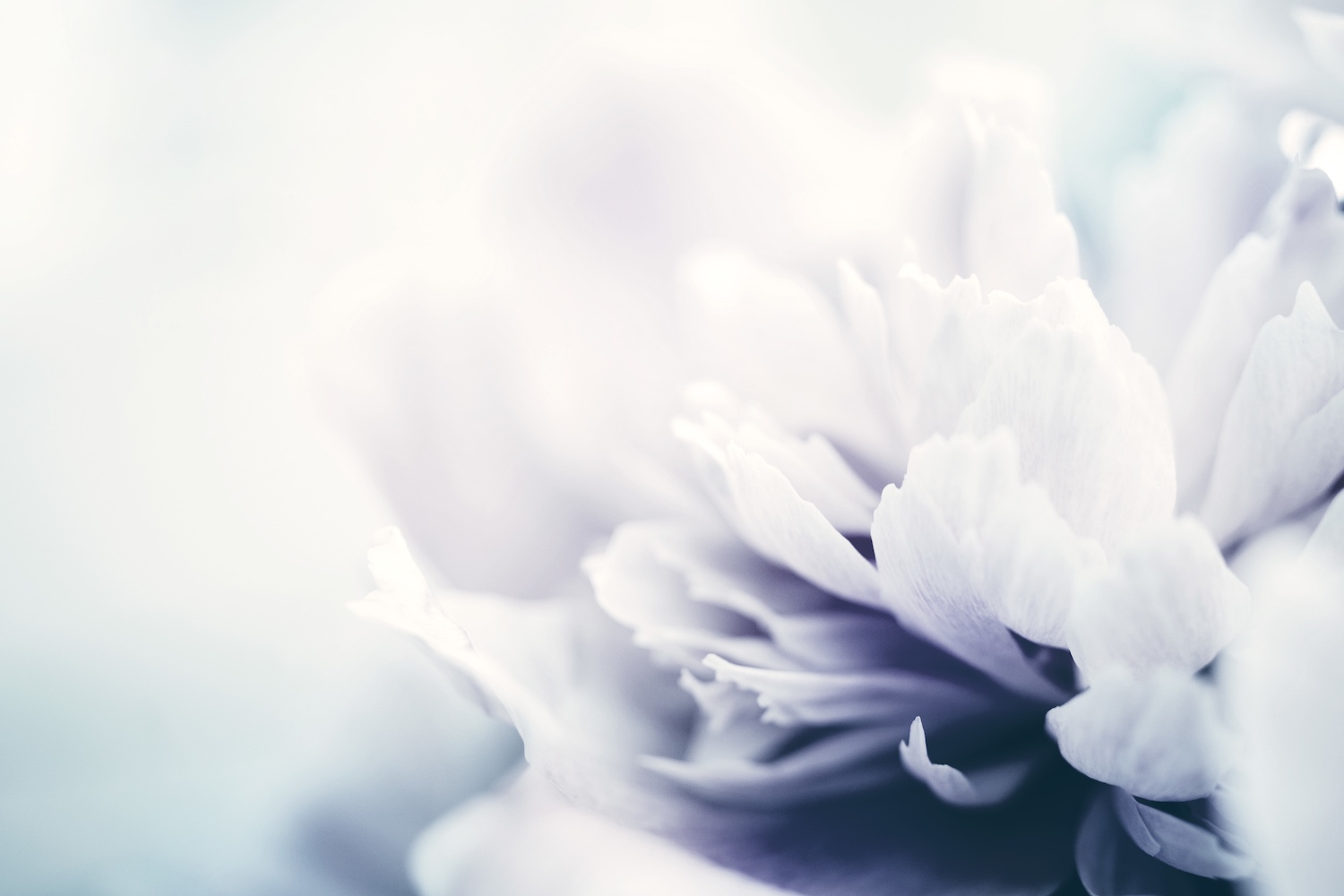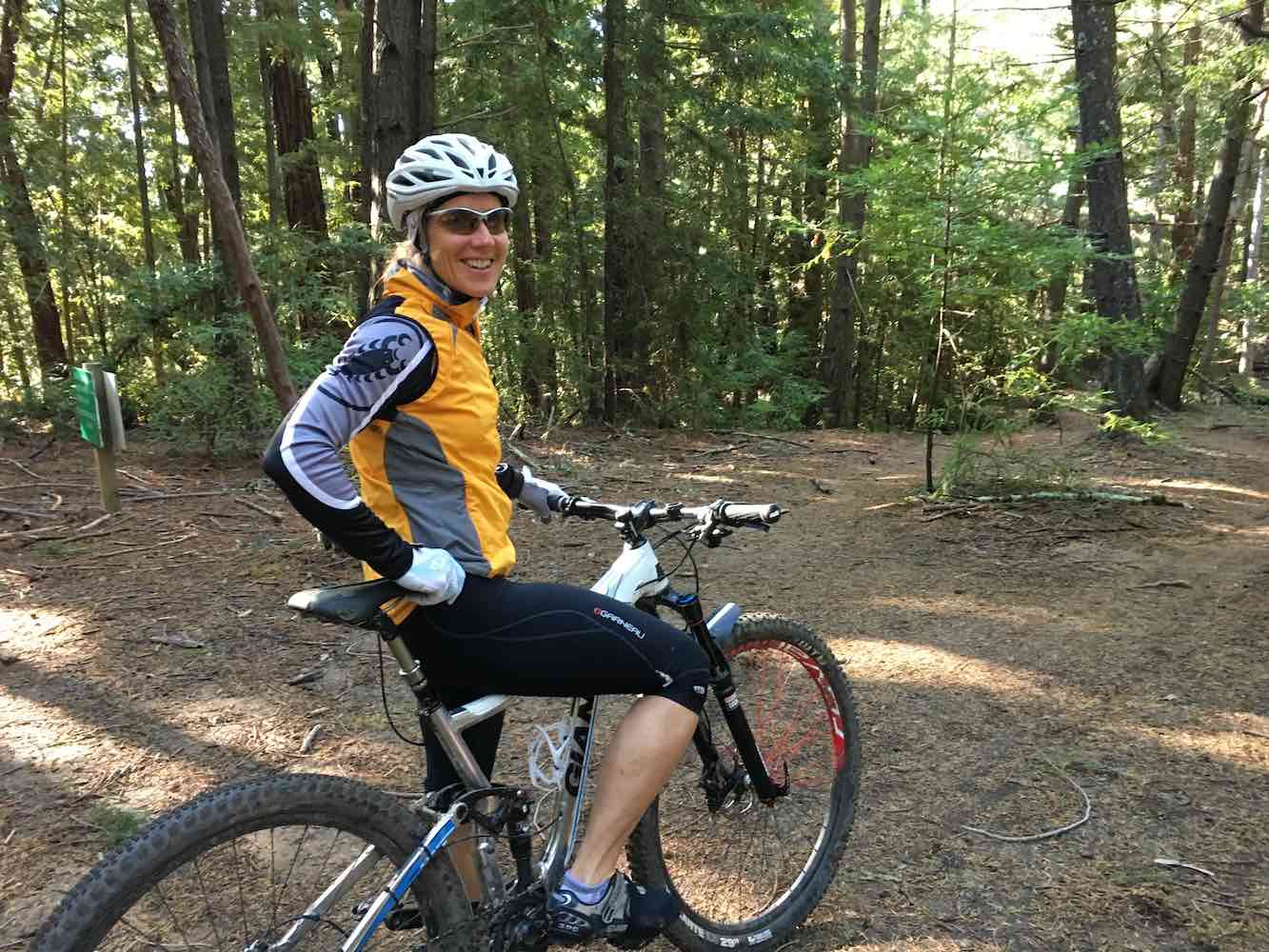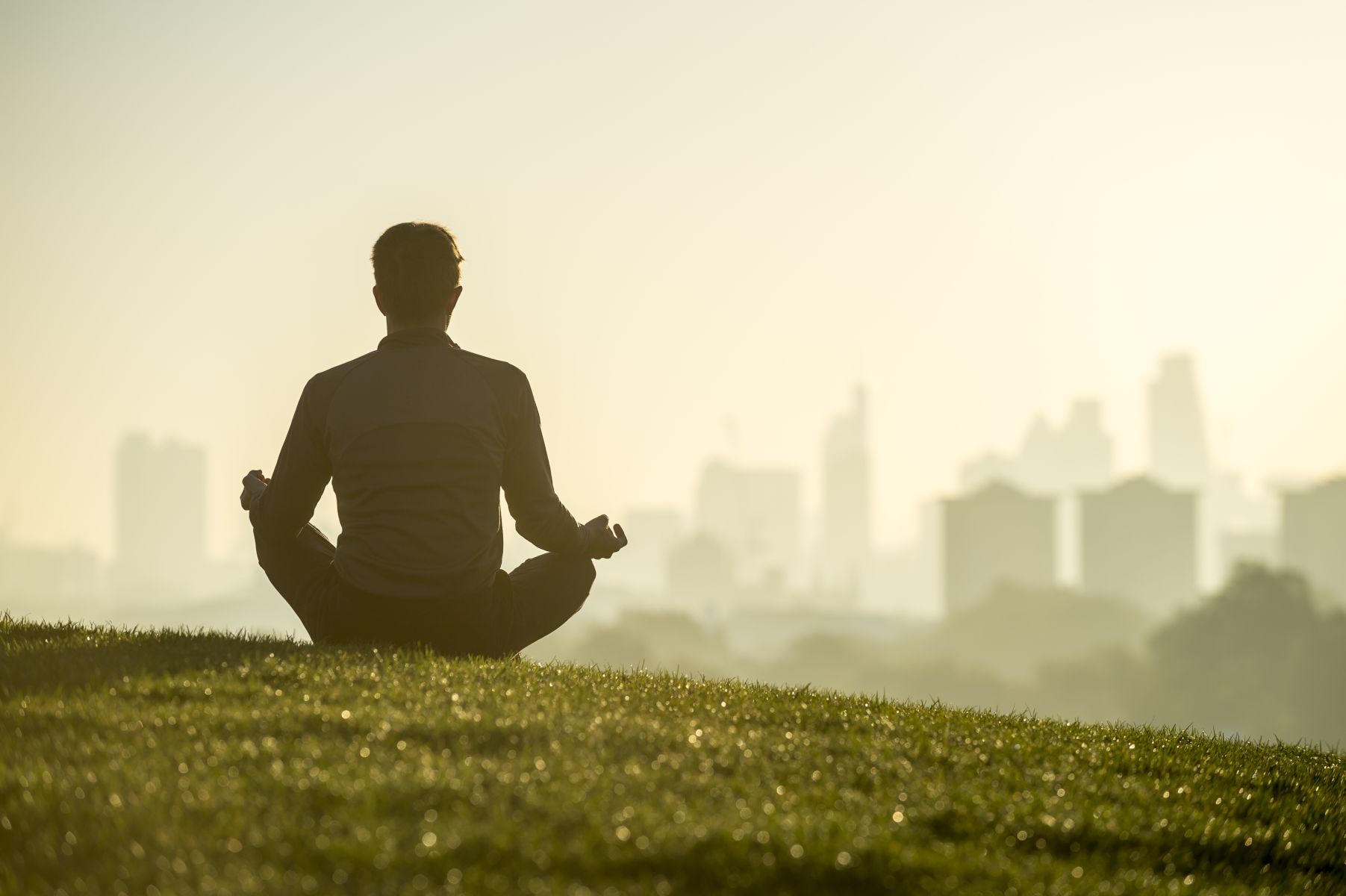“If you express your feelings in peace and harmony by calmly asking or questioning thoughts and feelings, you may be able to be in a strong and long-lasting relationship.”
Noy, 10 ½ years old
I consider relationships an art, a dance that flows between beings who are constantly changing and evolving.
Before yoga, my relationships were what I’d call unconscious – well-intentioned, committed, and with little space to grow. As my yoga practice became stronger, and philosophy took a leading role in my heart, the marriage I was in seemed harder and harder to sustain.
Three years ago, I met my present partner. Both victims of traumatic divorces (which ignited soul-searching in a way I had not experienced before) and yoga practitioners, we decided from the very beginning to apply the concepts we learned from our regular practice to the opportunity life was presenting us with. Here’s why that makes this the best relationship I’ve ever been in:
- Now is all we have: From the first day, we agreed to take this relationship one day at a time – not as a cliché, but a phrase we truly live by. Every single day is a gift, a reminder that everything is temporary. We constantly get to start again, and even when we plan things for the future, we are open to the flow of life. We learn every day to be okay with changes, canceling projects, and being surprised by (and okay with) what is.
- Gratitude: We wake up and go to sleep in constant gratitude. We show it with words and by communicating in loving kindness; for instance, constantly hugging and reminding each other of our gratitude before closing our eyes at night.
- Humor: We take ourselves too seriously sometimes. Similar to a yoga practice on the mat, humor is a necessary ingredient to soften our need for control and help us relax.
- Physical touch: Physical contact in a genuine, loving, playful way to build and strengthen all of the above. It gives us adults the chance to “play” again and be creative. Meanwhile, embodying roles we don’t socially show ignites spice and allows us to discover aspects we don’t regularly see in our partner. It activates our blood and makes butterflies dance in our stomachs.
- Yamas: The five ethics of yoga – kindness, truthfulness, having enough, moderation, and generosity – are at the core of how we relate. We practice these tools, supported by introspection, self-inquiry, and the ability to be silent to truly listen to one another.
When a conflict arises, the yamas are so helpful: Can I relate from a place of kindness as I speak my truth? Can I be mindful in my use of my partner’s time, energy, and space? Can I apply moderation while choosing my words? May I be generous enough to move from my thoughts to my heart when hearing what brings hurt in my partner?
The practice is a new pattern. It is a commitment that gives way to a bond that gets better and better – even when we feel it is an effort. Like any habit, the beautiful outcome becomes second nature; the more you practice and witness the fails, the more you strengthen the muscles.

